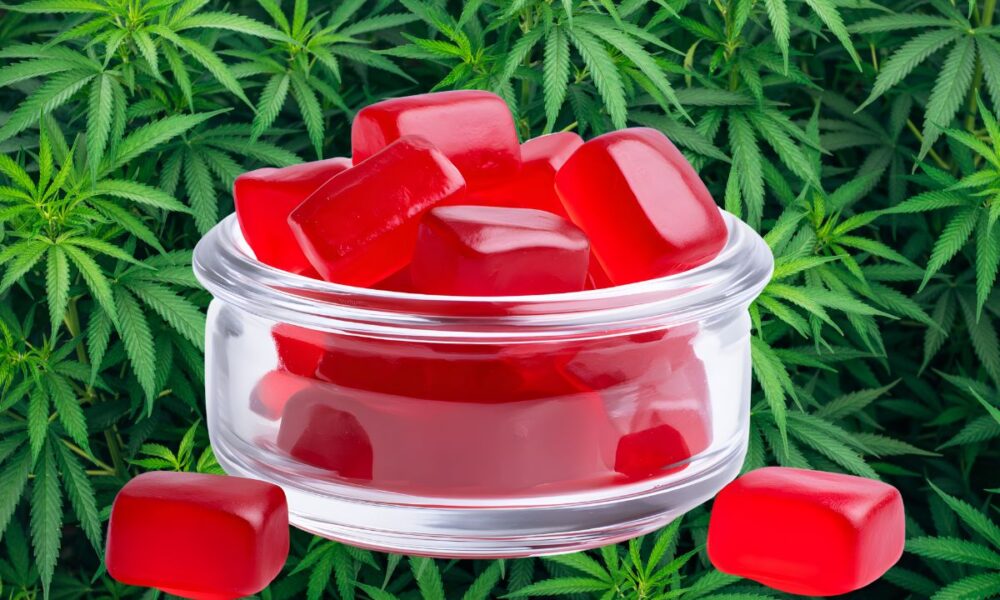In a deal to end the country’s longest-lasting government shutdown last week, Congress approved a collection of new limits on the majority of hemp-derived THC products, effectively banning most “intoxicating variants” nationwide.
President Donald Trump signed the measure on November 12, closing a loophole left by the 2018 Farm Bill. Now, the new ban is allegedly set to start in January 2026, with some non-profits already asking Congress to refine the rules before shuttering the market.
Folded into the new funding bill for the government next year, the provision redefines “legal hemp” by capping products at 0.4 milligrams of total THC per serving.
The limit covers delta-8, delta-9, and other “psychoactive isomers” that had been legal under the 0.3% delta-9 THC dry-weight standards currently seen in Texas.
The provision will also ban most synthetic cannabinoids and most ‘intermediate hemp” extracts sold over the counter, overriding other previous laws enforced across the Lone Star State.
Supporters, led by Senate Minority Leader Mitch McConnell (R-KY), argue the change closes a loophole that allowed “intoxicating beverages and edibles” to skirt federal marijuana rules.
McConnell, who authored the 2018 Farm Bill, said the gap created a backdoor entry for marijuana-like products without proper oversight. Momentum then grew after 39 attorneys general wrote a letter asking Congress to step in, warning that unregulated delta-8 vapes and gummies were reaching minors too often through gas stations and convenience stores.
The new ban lines up with Lt. Gov. Dan Patrick’s (R) push for a statewide crackdown that Gov. Greg Abbott (R) vetoed earlier this year. Abbott later issued an executive order imposing age limits and updated labeling rules for hemp products, but the new federal law preempts state-by-state approaches.
The federal shutdown began on October 1 due to budget disputes, resulting in the closure of national parks and furloughs for workers. The House then passed the spending bill 222-209 on November 12, with the Senate’s approval shortly after. The hemp ban was part of a broader package aimed at reopening the government.
Sen. Rand Paul (R-KY) was the lone Republican vote against, citing federal overreach.
The hemp market, a $28 billion industry, per NPR, employing more than 300,000 Americans, warns of a big economic fallout. Hundreds of Texas farmers and retailers across the state could potentially close their doors once the ban takes effect.
The U.S. Hemp Roundtable (USHR) launched a “365 days to regulate, not ban” campaign, asking Congress to refine the rules rather than cutting off the majority of the market.
“We took a deep blow this week. The bill to reopen government included language that will ban more than 95% of all hemp products. While it does allow sale of products less than 0.4 mg of total THC per container, those niche items are very rare,” The USHR wrote in a statement. “It ain’t over for hemp. Our new mission, friends: 365 days to regulate, NOT ban.”


